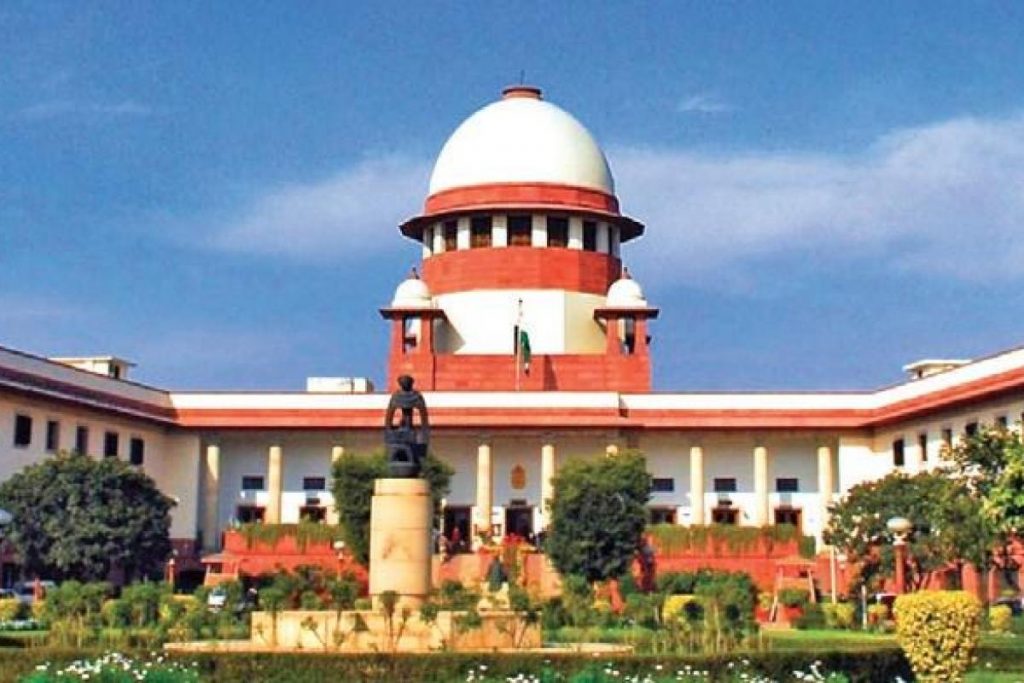The Aryavarth Express
Agency(New Delhi): The Supreme Court on Thursday decided against temporarily halting the implementation of the new Chief Election Commissioner and Other Election Commissioners Act, 2023. This controversial act removes the Chief Justice of India from the panel that selects election commissioners.
The court heard petitions challenging the constitutionality of various provisions of the act. These petitions were filed by Congress leader Jaya Thakur, the Association for Democratic Reforms, and others. They questioned the legitimacy of the amendments, especially the exclusion of the Chief Justice from the selection committee.
During the hearing, Senior Advocate Vikas Singh highlighted a previous Supreme Court judgment in the Anoop Baranwal case. This judgment had directed that the President should appoint election commissioners based on the advice of a committee comprising the Prime Minister, the Leader of the Opposition in the Lok Sabha, and the Chief Justice of India. However, the new act replaces the Chief Justice with a Union Cabinet Minister nominated by the Prime Minister.
The petitioners argued that this change could make the selection process vulnerable to executive influence over the election body. They questioned the point of the previous constitution bench judgment if such a change was made.
Advocate Prashant Bhushan, representing the Association for Democratic Reforms, raised concerns about the timing of the selection committee’s meeting. He alleged that it seemed designed to render the petitioners’ application ineffective before the matter could be heard properly.
Justice Khanna questioned the grounds for challenging the act, emphasizing the balance of convenience and the absence of allegations against the newly appointed election commissioners. However, Bhushan stressed the need for an independent election commission, arguing that the act’s provisions jeopardize this independence.
Other lawyers echoed similar concerns, apprehending that the legislation would facilitate undue executive influence in appointing election commissioners and chief election commissioners, ultimately impacting the electoral process.
The bench expressed reluctance to issue an immediate stay on the legislation but assured the petitioners that their arguments would be examined. It issued notice on the plea made by Senior Advocate Sanjay Parikh, calling for a response from the other side.
The Solicitor General argued that the process had started in February, immediately after the act came into force, and that all 200 names had been considered by the committee members. However, the bench remarked that the search committee could have been activated earlier and pointed out disparities in the procedure adopted for filling the two vacancies.
The court emphasized the importance of transparency, stating that justice must not only be done but must be seen to be done, especially in matters related to the Representation of the People Act. Ultimately, the court dismissed the stay and intervention applications but stated that it would provide reasons for the same.
